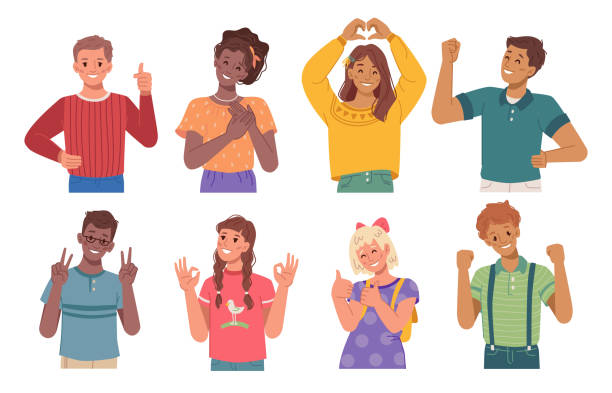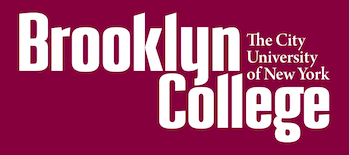Blog #1
What Became of the Taino?
By: Angie Figueroa, Howard Liu Mo, Meleny Vargas
Writing by Angie Figueroa:
The Taino were indigenous people of the Caribbean who Christopher Columbus came across during his “explorations”. They treated him with nothing but kindness, unfortunately the same can’t be said about the way he treated them. The Taino people were actually very skilled and talented, for example in the article it states “Although the Taíno never developed a written language, they made exquisite pottery, wove intricate belts from dyed cotton and carved enigmatic images from wood, stone, shell and bone.” When Christopher Columbus arrived, things started to take a turn. When Spaniards removed men from villages to work in gold mines and colonial plantations it kept the Taíno from planting the crops. In the article it states “They began to starve; many thousands fell prey to smallpox, measles and other European diseases for which they had no immunity; some committed suicide to avoid subjugation; hundreds fell in fighting with the Spaniards, while untold numbers fled to remote regions beyond colonial control.” This led to a great downfall in the Taino community, therefore their culture was gone as well. In this article, they proceed to interview people who have a Taino family background and how they still try to keep in touch with their roots.
Drawings by Howard Liu Mo:


Blog #2
A Lower East Side
Writing by Angie Figueroa:
The tone of this poem is very passionate and intense. He was raised in the Lower Eastside of New York and throughout the poem he talks about his accounts of what he went through and dealt with there. Miguel goes in depth about the environment he was raised in and is not bothered by it, but embraces it instead. For example, in the poem it states “So here I am, look at me I stand proud as you can see pleased to be from the Lower East a street fighting man a problem of this land”. He states that he has been a thief and a junkie and that he’s done bad things, he hints to being in some kind of gang. He talks about the environment being filled with ” run away child police shooting wild . . .mother’s futile wails . . . pushers making sales . . . dope wheelers & cocaine dealers . . . smoking pot.” Despite the fact that this might all sound “bad”, he loves where he was raised. He says several times in his poem that when he passes away his only wish is that his ashes be scattered through the Lower East Side.


Drawing by Howard Liu Mo:









